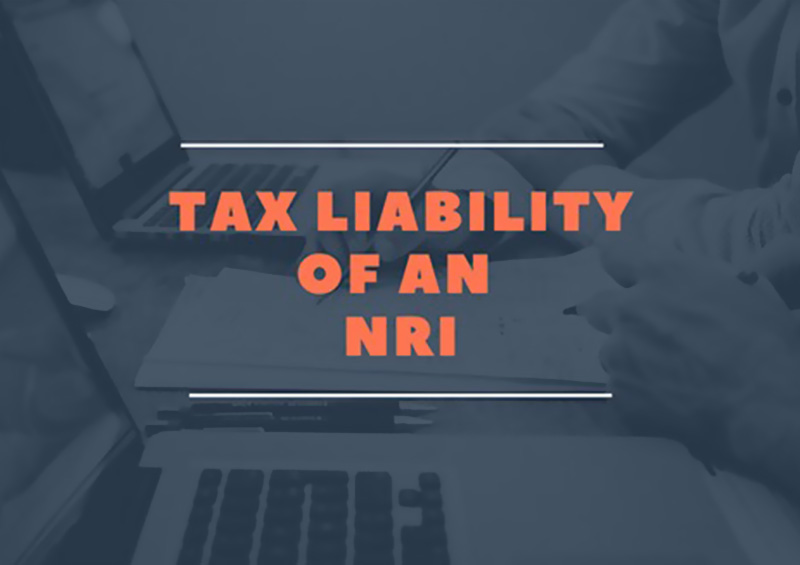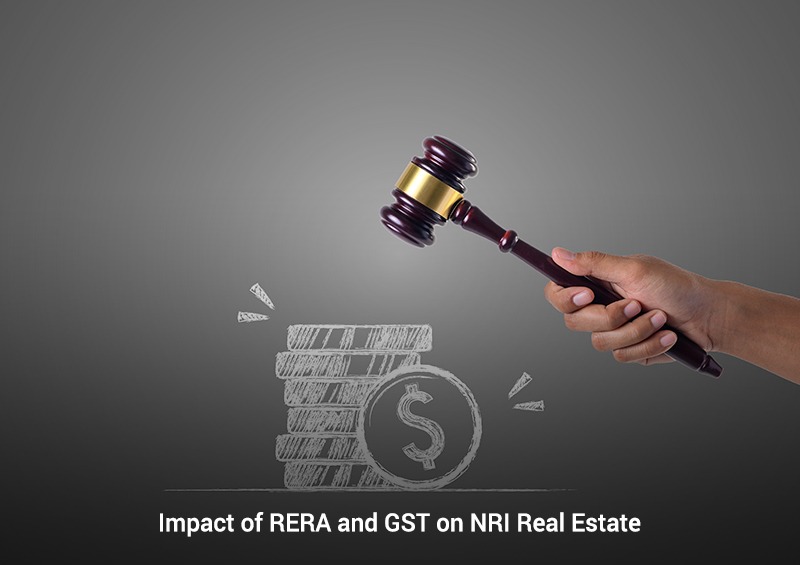
Non-Resident Indians (NRI) have traditionally been active players in the Indian real estate market. As per reports , in 2021, investments from NRIs amounted to $13.8 billion in the Indian real estate industry. Now, when you pair the falling rupee, the burgeoning market condition, and higher ROI with a simplified tax regime, you understand why investments have kept pouring in through the years.
With such exquisite benefits powering investments, it’s recommended for NRIs buying property in India to keep a few things in mind before investing in India. Let’s take a look:
Nature of the Property:
 NRI home buyers can buy any commercial or residential real estate property in India. They can even choose to invest in agricultural land, farmhouse, plantation property, or other immovable properties on offers in the country. Although to acquire such properties in India, they have to take approval from the Indian Government and the RBI.
NRI home buyers can buy any commercial or residential real estate property in India. They can even choose to invest in agricultural land, farmhouse, plantation property, or other immovable properties on offers in the country. Although to acquire such properties in India, they have to take approval from the Indian Government and the RBI.
Our suggestion for NRIs would be to invest in the residential real estate sector because of its ability to act as a second home for them or their family. Investment in residential real estate provides you with a home in your motherland that will surely undergo capital appreciation over time. According to us, the front runner for your investment should be the city of Hyderabad. With our new upcoming projects in Hyderabad, we at Aurobindo Realty are here to help investors park their assets for return rich future.
Taxes
 NRI home buyers can enjoy certain tax benefits that come with their investments in real estate. If they sell their property within 24 months of its purchase, it comes under short-term capital gain and hence is covered under section 111A and charged @ 15% (plus surcharge and cess as applicable). If you sell the same property post the 2-year mark, it will come under long-term capital gains and be chargeable at a special tax rate of 20% (plus surcharge and cess as applicable).
NRI home buyers can enjoy certain tax benefits that come with their investments in real estate. If they sell their property within 24 months of its purchase, it comes under short-term capital gain and hence is covered under section 111A and charged @ 15% (plus surcharge and cess as applicable). If you sell the same property post the 2-year mark, it will come under long-term capital gains and be chargeable at a special tax rate of 20% (plus surcharge and cess as applicable).
Impact of RERA and GST on NRI Real Estate
NRI home buyers invest their money from abroad using NRO or NRE accounts, depending on their income type. They use these accounts to make payments for their investments in real estate or other expenses in India.
Getting a loan as an NRI is similar to getting one as a resident Indian, but there are additional requirements like submitting certain documents and giving a Power of Attorney.
Power of Attorney (PoA)
 Since you will be residing outside the county, you can give legal authorization to a designated person with the power to act on your behalf. The PoA is a legally binding document that allows this designated person to manage your property, medical or financial affairs at your behest.
Since you will be residing outside the county, you can give legal authorization to a designated person with the power to act on your behalf. The PoA is a legally binding document that allows this designated person to manage your property, medical or financial affairs at your behest.
For NRIs looking to invest in India, we hope your journey to excellent returns will be stress-free with these pointers in mind. If you need a starting point for your property search, we suggest you start with a range of projects offered by Hyderabad’s best real estate company, Aurobindo Realty.





